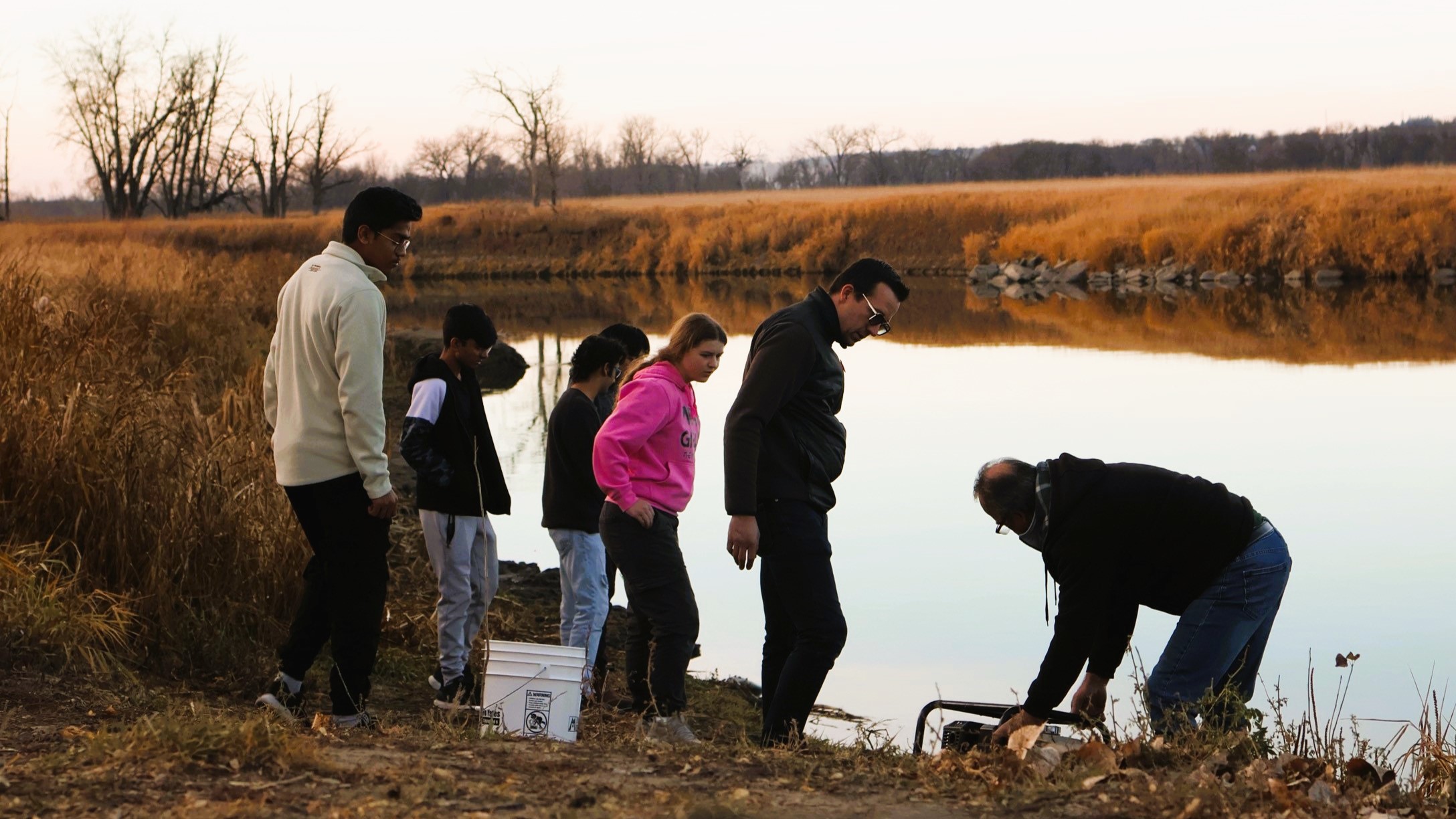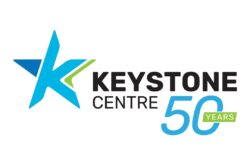Crocus Plains Students Awarded Prestigious Research Opportunity to Study Microplastics in the Assiniboine River
The Students in the Beamline Program at Crocus Plains Regional Secondary School have been awarded over one million dollars worth of beamtime to conduct groundbreaking research at the
Canadian Light Source Synchrotron, located at the University of Saskatchewan. Crocus Plains is the second public school in Manitoba to receive this unique and prestigious opportunity.
The research will focus on measuring microplastic levels in the Assiniboine River and their impact on local plant life. To investigate this, the students will grow cilantro—an important crop cultivated in Manitoba—using water from three different sources: distilled water, tap water from their school, and water from the Assiniboine River. The plants will be grown in a hydroponic system to ensure a controlled environment, eliminating any interference from soil and fertilizer.
Using advanced synchrotron testing at the Canadian Light Source, the students will analyze the plants’ roots, stems, leaves, and water samples to measure any potential fluctuations in heavy metal uptake, which may be caused by microplastics in the river water.
In a further milestone, the students will also become the first group to use the facility’s electron microscope, enabling them to identify traces of microplastics and heavy metals within the plants.
“This research holds immense significance,” said the team’s lead teacher, Shivam Patel. “Microplastics are an ever-growing concern worldwide, and this study could have far-reaching
implications for public health, particularly in how exposure to these contaminants may affect children and vulnerable populations.”
If their hypothesis proves correct, the heavy metals found in the plants could present serious health risks, including potential impacts on brain development, reproductive health, and other health
conditions across all age groups. The research may also spark changes in agricultural practices— particularly water usage and irrigation techniques—leading to improved food safety standards and
better protection of public health.
The CPRSS Beamline Program represents a significant step forward in student-led scientific research, offering invaluable hands-on experience while addressing critical environmental and health issues.



 -8.8°C Brandon,CA
-8.8°C Brandon,CA



 222
222










